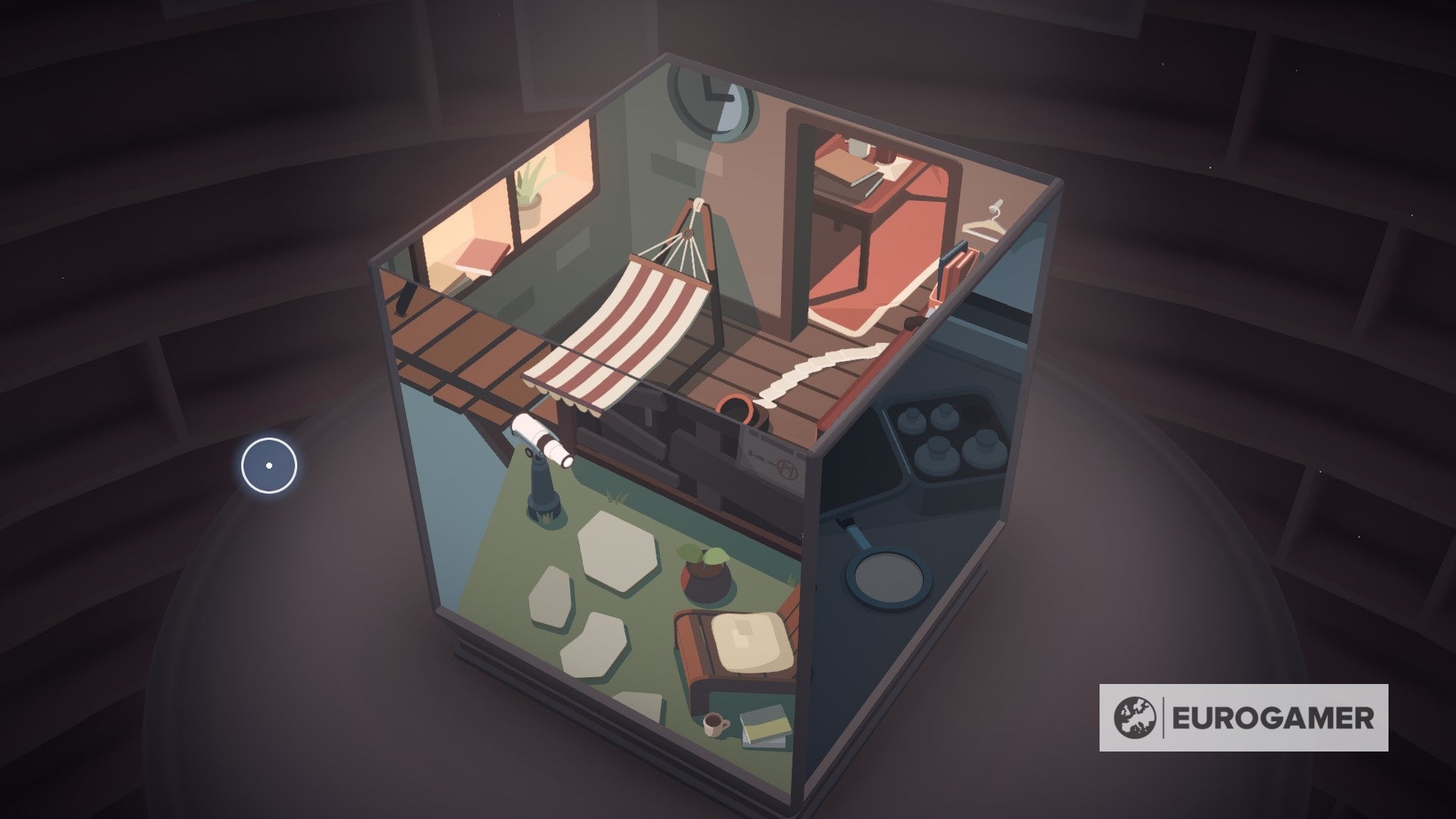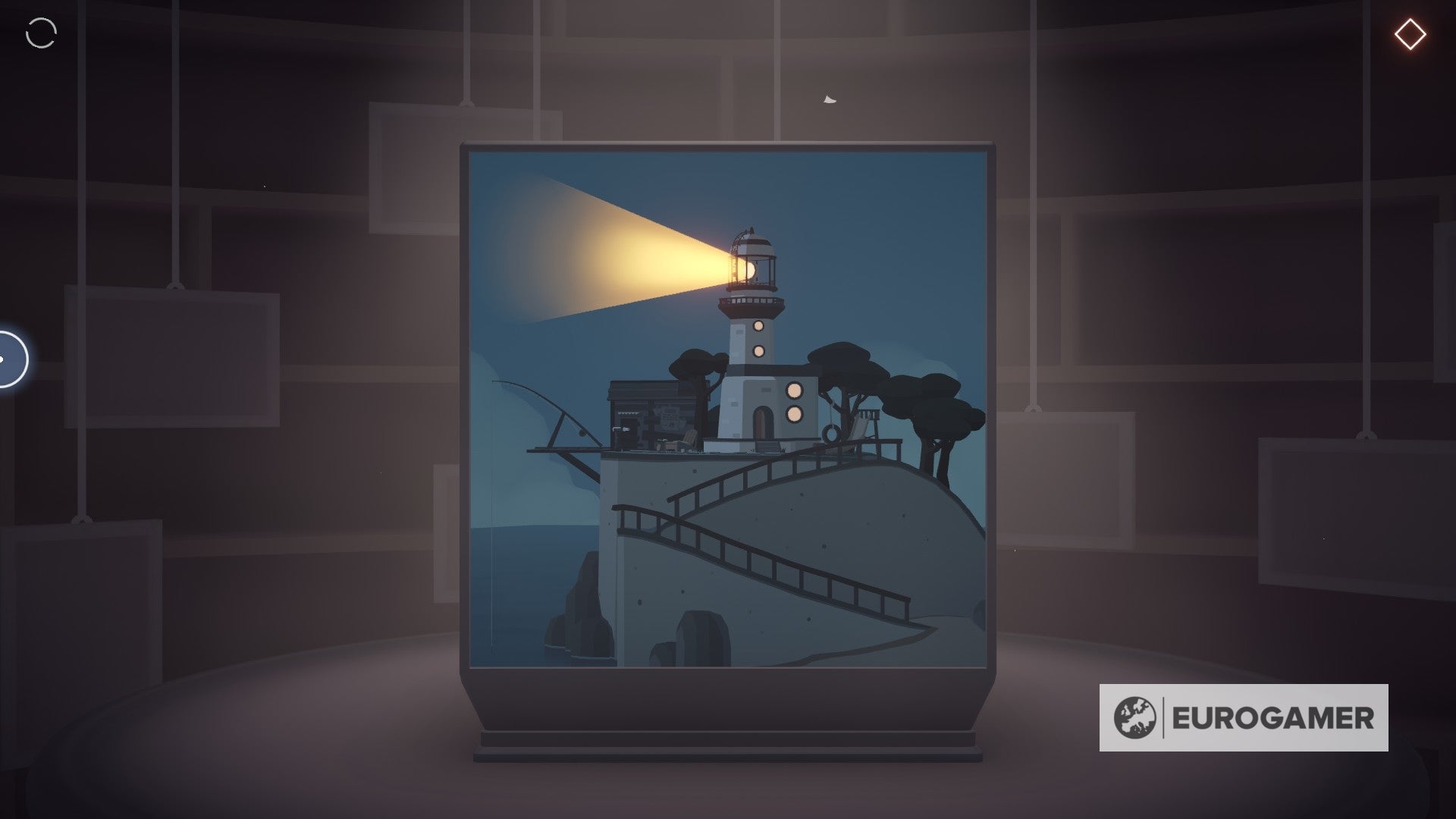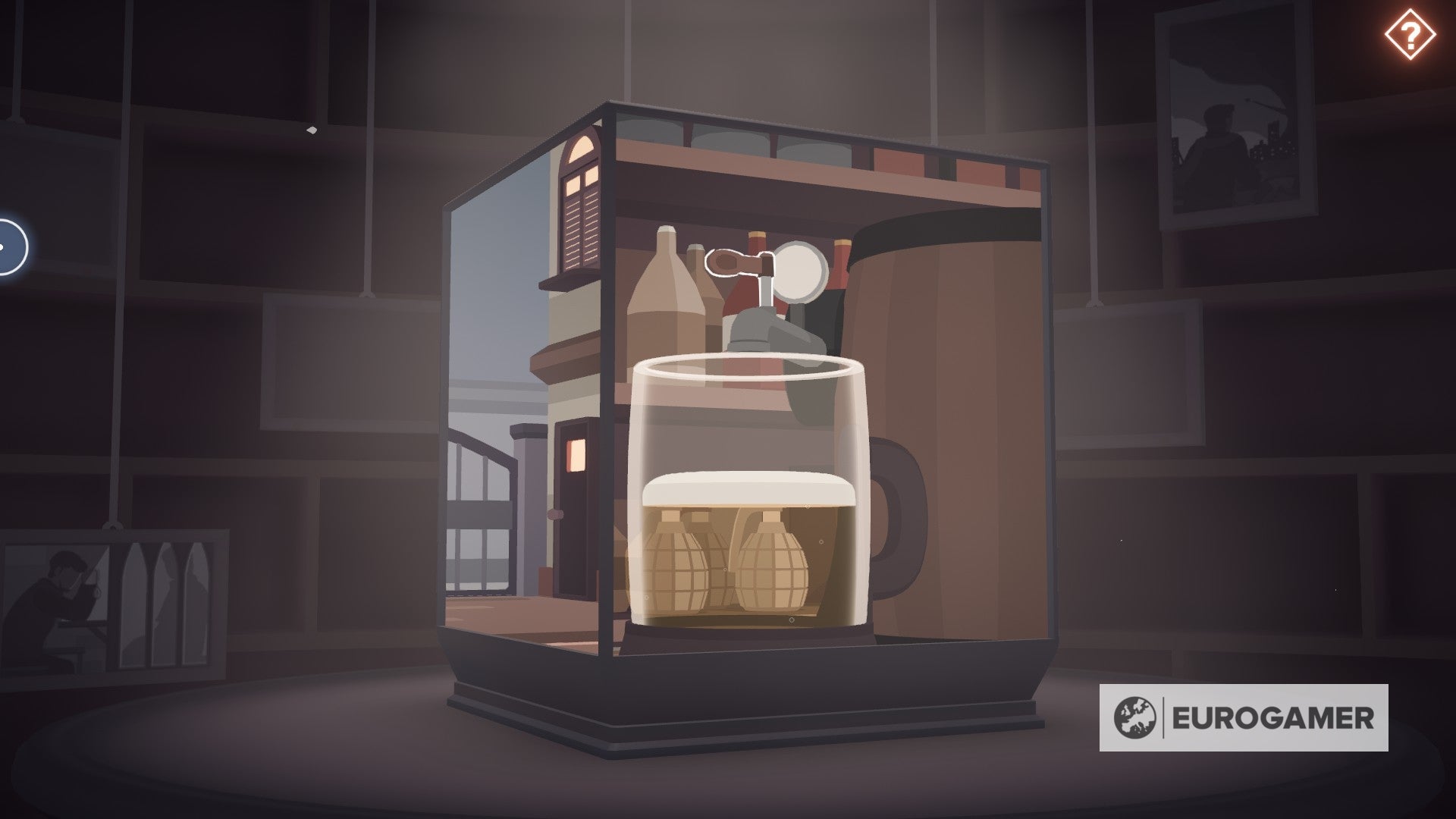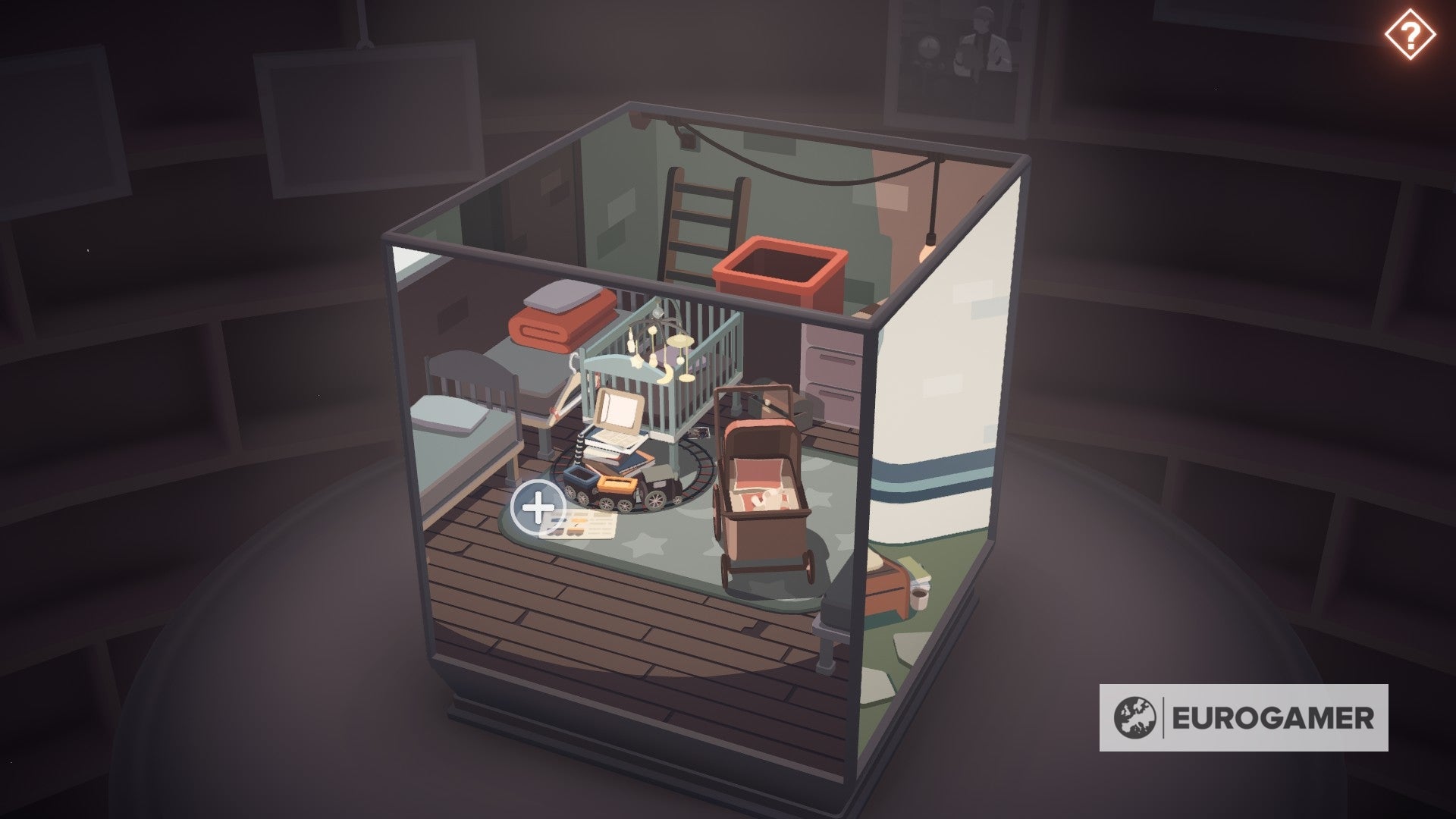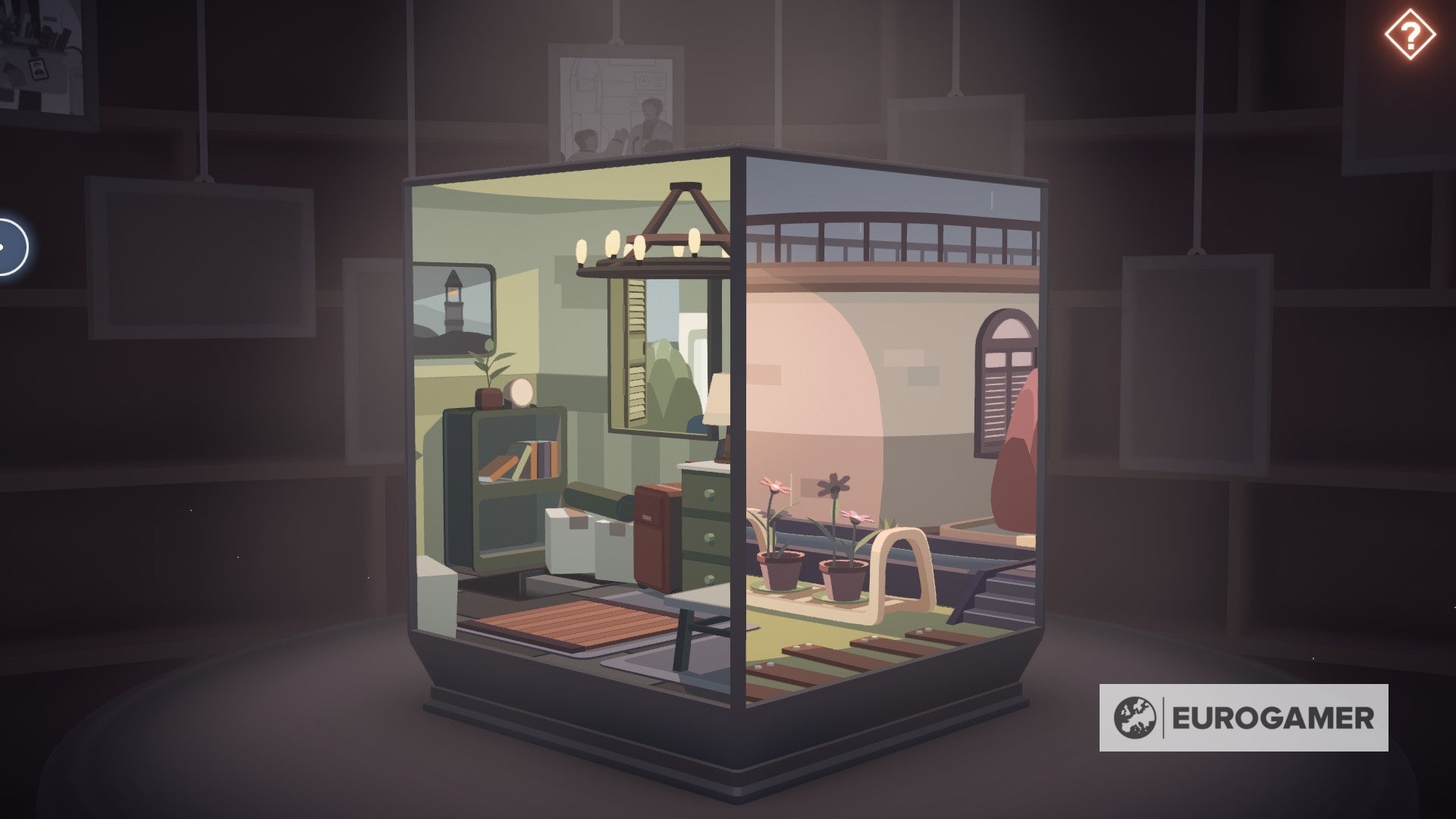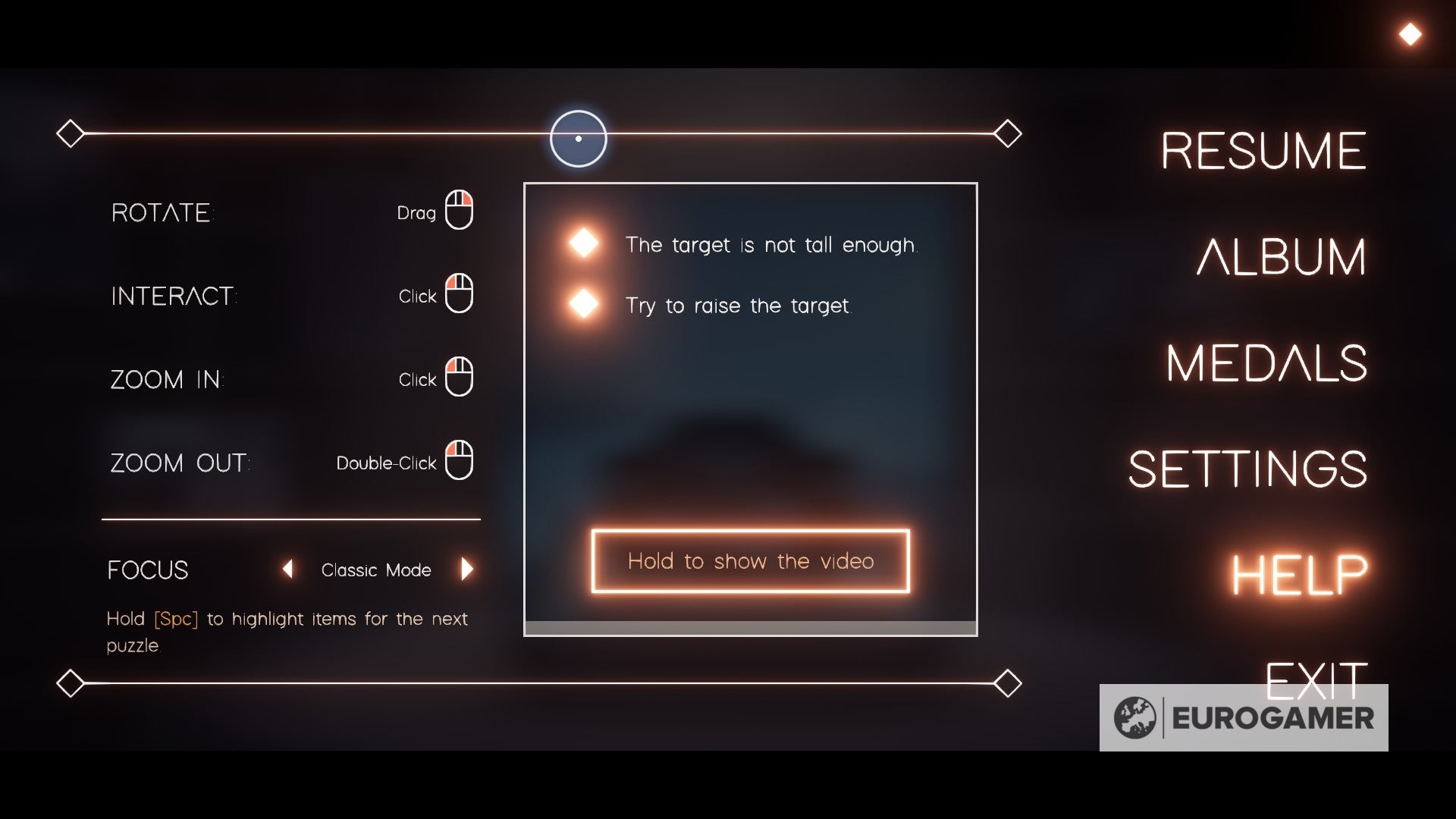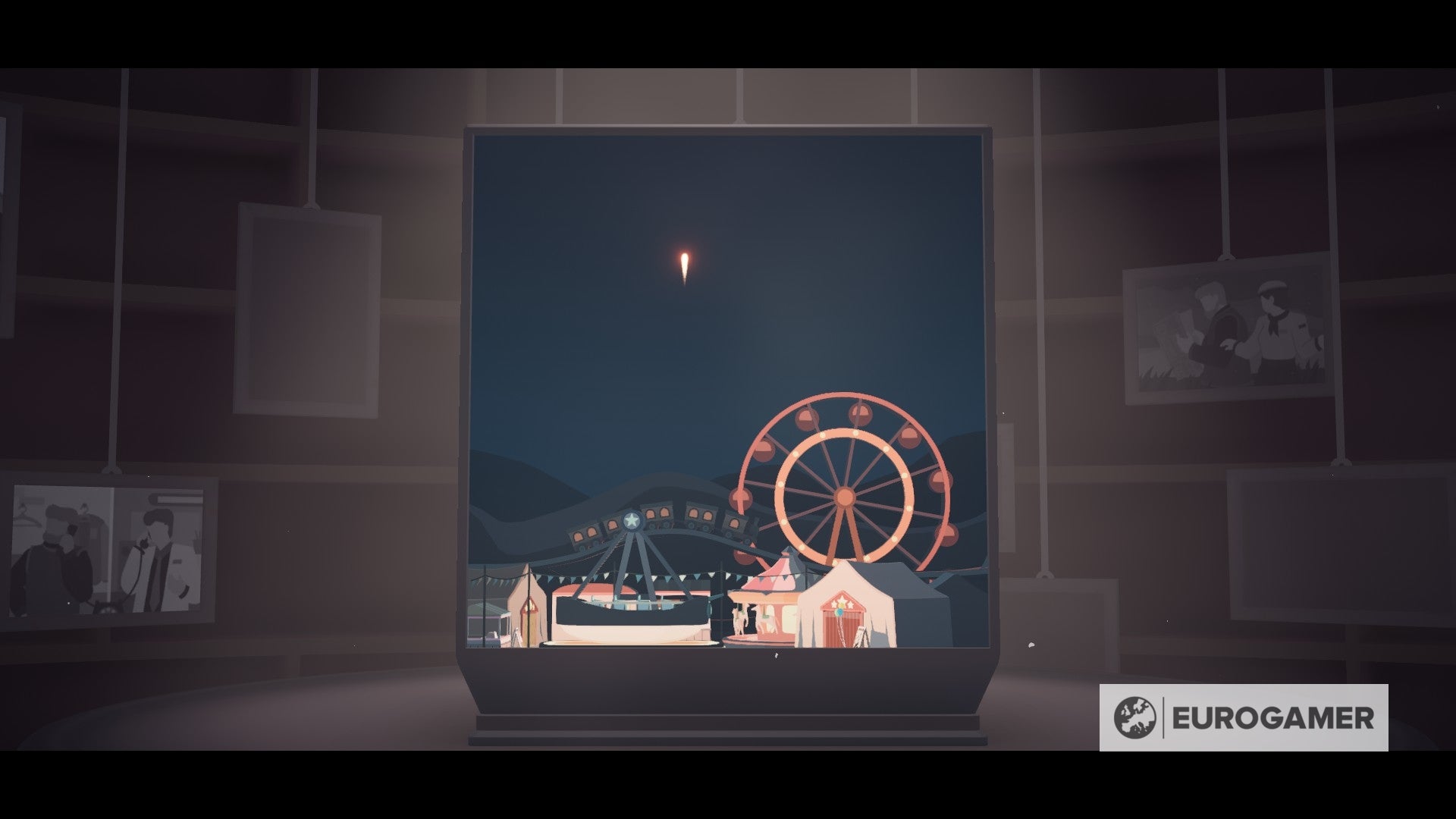It’s a magical thing, really. Truly brilliant. That said, sometimes it feels like there’s too much going on. Sometimes the scenes in front of you switch so unexpectedly - you’ll know when it happens by a gentle audio cue and a golden glow from the window that’s been updated - that you’ll struggle to keep track of what’s going on no matter how hard you keep on top of it. It’s an on-the-nose metaphor for real life, I guess. Other times, though, things seem unbearably dark. Bleak. You look for ways to improve it - perhaps force a little sunshine into your world - and that’s a fitting enough analogy, too, especially when you find yourself too close to something to see the bigger picture, or too distant to examine the delicate detail. Or are you looking at everything through the distorted lens of alcohol, and maybe seeing things that aren’t really there at all? While the conceit might not be a unique one, the execution certainly is. Moncage - reportedly a portmanteau of “montage” and “cage”, two terms that can equally be applied to the vehicle through which you play the game - is simple and beautiful and simply beautiful, offering a delightful blend of sleepy storytelling and pleasant puzzling. For the entire experience, you’re in a darkened room - photographs hang in uneven intervals around you - and never leave it. But thanks to the wonder of the cube that sits in the centre of that room, you’ll be whisked off to all manner of curious places; offices and construction sites and a military base, plus a carnival and a lighthouse and a nursery and a young child’s classroom. Each side of the cube - there are only five you can look at, as the bottom face remains concealed from view - offers a different vignette, a deep and curiously personal glimpse into someone’s life. At first, I found myself straining to discover their connections but later, as the story deepens, you realise there aren’t any, really, beyond the faceless, voiceless protagonist your story follows. But though each side of the cage offers ostensibly different views, the sides and corners that touch each other can bleed into and/or affect each other - and that’s where things get really exciting. To progress through Moncage’s light-touch story you must look for common themes, shapes, or textures in parallel dioramas to them link together. For instance, one time you might notice that when you turn the cube just so, the striped fabric of an awning in the top scene matches that of the hammock in the square above, or that the industrial pipe lines up oh-so-perfectly beneath a bubbling pot, if only when you zoom into it. If it sounds a little tricky, that’s because it is; some of the solutions are maddeningly opaque, particularly as the super handy highlight feature can be incredibly unhandy at times, stopping you from lining up a complex pattern or even noticing a change in colour. But when you do get it - and you will! - it’s immensely clever, and incredibly satisfying, too. Later, the puzzles get a little more taxing. One requires you to sequentially chain several mini-puzzles together to progress and that took dexterity I rarely possess. Another requires you to manipulate not only the cage but time itself by flicking through the seasons on a wall calendar. The trouble with this kind of game, for me anyway, is that the gentle puzzling often solidifies into not-so-gentle frustration, and I’ll admit that sometimes the game’s hands-off telegraphing left me not merely confused but utterly lost, especially when it ushered in new puzzle mechanics without polite introductions. That’s why Moncage’s hint system is so welcomed. Not only does it offer three tiers of clues that incrementally tell you more until, as a last gasp, you can watch a full video tutorial that will flat-out show you what to do, but it’s careful and non-intrusive, and allows you a little time to solve things on your own before coming to your rescue. In fact, everything about Moncage is admirably careful and non-intrusive, and though you might think just watching a small cube might be dull and a tad restrictive - particularly for a game that delivers everything via its visuals - the windows you peer into are packed with colour and detail, and the sound effects, subtle though they are, change depending upon which portal has your attention. Moncage’s biggest faux pax, however, is that its emotive story is essentially told via completely missable collectibles. Though I got better at spotting them towards the end and mostly padded out the conclusion of the storyline, I missed a good half dozen through my initial playthrough, which meant I didn’t fully understand what happened to our protagonist in their formative years. Yes, you can complete the game in just three or four hours, and that makes collectible hunting much more palatable, but it’s such a glaring misstep given there’s no other way to understand why the cube is taking us to these seemingly disparate settings. It’s just as well, really, that Moncage’s puzzles are gratifying enough even if you’re unable to fully follow the story. That said, I can’t deny that my time with Moncage was incredibly enjoyable. Our time together was brief, yes, but immensely satisfying, with every whirl of the cube offering a brand new vista and a new clutch of delightful challenges. If you’ve been on the hunt for a gentle brain-teaser that can be completed in only a couple of short sessions - or a single sitting if you enjoyed it as much as I did - look no further; Moncage is exactly what you’re looking for.

